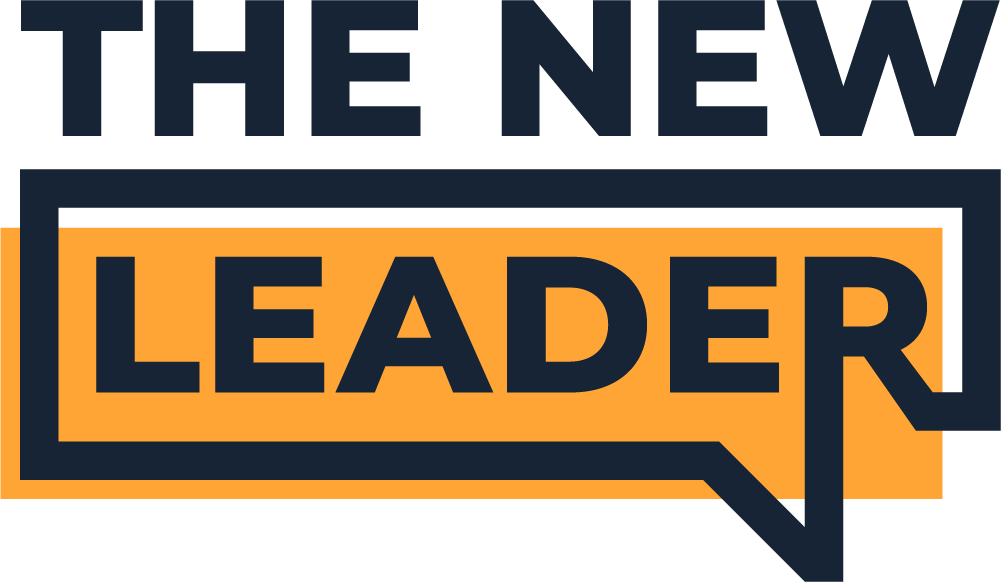Hiring.
Seriously.
Yes, it’s mega important to ensure that you’re working on:
- Solid personal development plans.
- Giving effective feedback.
- Owning difficult conversations.
But…
All of these topics (and many more) are far, far easier to manage, along with being less likely to go wrong in the first place, if you make the right hiring decisions.
So today, let’s take a look at the hiring process and talk about why you should take it far more seriously than you currently do.
Why we make mistakes when hiring
We don’t mean to hire the wrong people. But we do. Why?
Pressure to get “bums on seats”
When your team gets busy and you need more people to deliver the workload that you have, you probably go hiring.
The pressure of getting more help for the team can lead you to hiring people who may be okay or good, but not great. The reason you do this is simply because you have more work than your team can deliver, so think that you can have an attitude of “they’ll do” when it comes to finding the right person to deliver this work.
This pressure can be even more intense if:
- You’re under pressure from your bosses to hit targets that can only be achieved if you hire more people.
- You’re under pressure from your team who are telling you how busy and overwhelmed they are with their current workload.
Don’t cave to this pressure by hiring someone who may not be good enough to actually relieve this pressure in the long term.
Sure, hiring someone will make you and your team feel better at first. But as time goes on, stress will build again if that person can’t perform to the level that you need them to.
You’ll end up with the same pressure again, but also with an extra member of the team who you’re trying to manage and get to the performance level that you need.
You should communicate with your bosses and your team during the hiring process, telling them that:
- Hiring is your priority right now and you’re spending lots of time working on bringing in the right person to help.
- You won’t compromise on quality and will only hire someone who can perform to the required levels.
- In the meantime, you’ll do everything you can to help relieve pressure on workloads and to set expectations around targets.
This helps your bosses and team understand that you won’t just hire anyone to satisfy their short term requests for a hire. It’s a good reminder that you have high standards for the people in your team and this starts with hiring the right people.
We don’t go deep enough during interviews
Interviews are hard because objectively, they’re a pretty terrible way to understand if an individual is the right fit for your team. You may get a couple of hours maximum to get to know someone and you’re expected to be able to figure out if they are the right person to spend 35-40 hours a week with!
But, it’s the system that we have and it’s unfair to candidates to take tons of their time during this process.
So you need to be effective and efficient within the process.
A great way to do this is to have a small, but focused number of questions or talking points that enable you to go deep on a topic that matters.
For example, rather than asking about someone’s skills or experience and moving on. Ask them to explain real examples and stories of how they’ve used those skills and experience in their previous roles. Then ask how they’d apply those things to the role they are applying for.
Don’t just listen to answers and then move on – probe into those answers, push them for more details and real examples. The real value and understanding of an individual is below the surface of their first answer to a question.
We don’t hire for attitude or culture
Someone may have the technical knowledge and skills to do the job, but that doesn’t make them the right hire. If the way they approach their job means that they can’t work well with others, then this can damage your culture and affect the performance of other team members.
If they are great at executing their role but can’t accept feedback, then they are probably not going to be a great performer in the medium to long term.
These softer skills related to their attitude and the way they work is very important to ask about.
I’d recommend setting interviewer roles for an interview. For example, you could focus on testing someone for their attitude and culture fit, whilst a colleague might focus on testing for their hard skills and experience.
Between you, this covers multiple areas and ensures that you each have a role to focus on during the interview.
We don’t test (enough) for hard skills and experience
On the flip side, it can also be easy to skip over testing for someone’s hard skills and real-world experience.
It’s very easy to “tick boxes” in this area and not probe below the surface to understand if someone can actually apply their skills to the role that you’re hiring for.
For example, if you work in SEO, someone may have the skills to run a website crawl and find 25 problems with a website, then write recommendations for how to fix those problems. But do they know how to prioritise those recommendations? How to navigate stakeholders and politics to convince a client to implement those recommendations?
A junior hire may be fine with just writing the recommendations. But if you’re hiring a more senior person, these relatively simple hard skills won’t be enough for what you need.
How to get hiring right
Okay, so how do you actually avoid these issues and get hiring right? Here are a few key pointers to get you started.
Invest time (and headspace)
Too many managers spend the minimum amount of time possible during the hiring process. This is often because they see it as a chore rather than the most important part of their job. They can’t wait to get back to their “proper” job when an interview is done.
Don’t be this manager.
Instead, spend proper time on the process and just as importantly, spend headspace on it. This means that during interviews, you’re actually present and concentrating on the candidate – not thinking about that piece of client work or your next one-to-one with a team member.
If you’re not invested mentally in a process, you’re playing a guessing game when it comes to hiring the right person because you simply won’t know any of the candidates well enough to make a good decision.
Be prepared to say no to everyone
You don’t have to hire if you don’t find the right person.
Yes, seriously.
Don’t just hire someone from the pool of candidates because you feel that you have to. If the pool of candidates who you interview don’t impress you enough, then don’t hire any of them – simple.
I know that you may be under pressure, as we discussed earlier, but it’s better to say no to people than just hiring someone to fill a spot on your team because they are the best of an average bunch of candidates.
If you’re not sure, it’s a no
I was taught this lesson during my first ever time interviewing a candidate with my old boss.
The conversation at the end of the interview went something like this:
Boss: “So, what did you think of them?”
Me: “Yeah not bad, I think they were good at these bits, not so much but that’s probably okay.”
Boss: “Would you hire them?”
Me: “Erm, yeah I think so.”
Boss: “So that’s a no then?”
Me: “No I didn’t say no.”
Boss: “But you didn’t say yes either.”
Obviously I’m paraphrasing but you get the point.
The fact that I wasn’t clearly excited and enthusiastic about working with this candidate meant that it almost certainly isn’t the right call to hire them.
You need to finish an interview feeling confident that you’ve found the right person. Sure, no one is perfect and you shouldn’t expect perfect, but you need to have the confidence that they can do the job very, very well from the start.
If not, then it’s a no.
You may miss some good people by doing this, but it’s better to let the odd great person get away than hire a bunch of average people.
Get the right person to join your team and you’re much less likely to have issues around performance. You’re investing time now in order to save a lot of time and stress later.








